

How to Buy and Sell at the Same Time
Most sellers also are planning on moving on to a new home. That’s why this bonus article is a must-read in my series, Love Selling Your Home: Minimize Your Stress, Maximize Your Profit. It’s taken you step-by-step through the entire home-selling process, and here’s how you can love selling and buyi
Read More

How to Make Settlement Day a Success
This series, Love Selling Your Home: Minimize Your Stress, Maximize Your Profit, is a step-by-step guide that covers everything you need to know to sell your home in today’s market, from finding a real estate agent to all the way to settlement day. The big day is finally here! You are going to offic
Read More
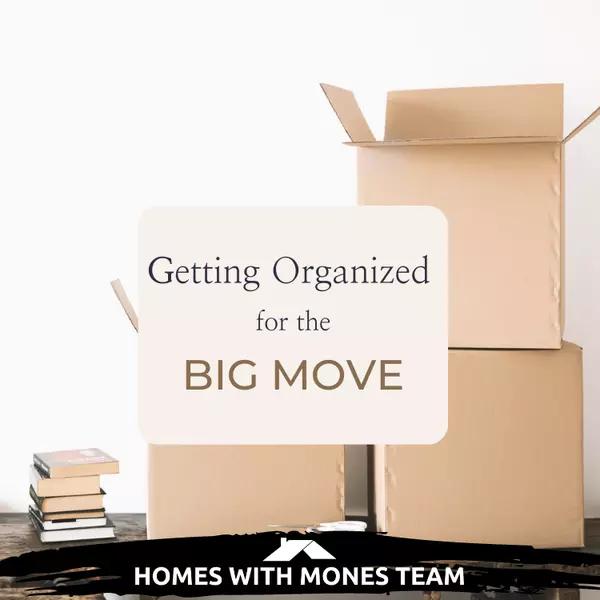
Get Organized for the Big Move
Love Selling Your Home Series This series, Love Selling Your Home: Minimize Your Stress, Maximize Your Profit, is a step-by-step guide that covers everything you need to know to sell your home in today’s market, from finding a real estate agent to all the way to settlement day. You’ve got mixed feel
Read More
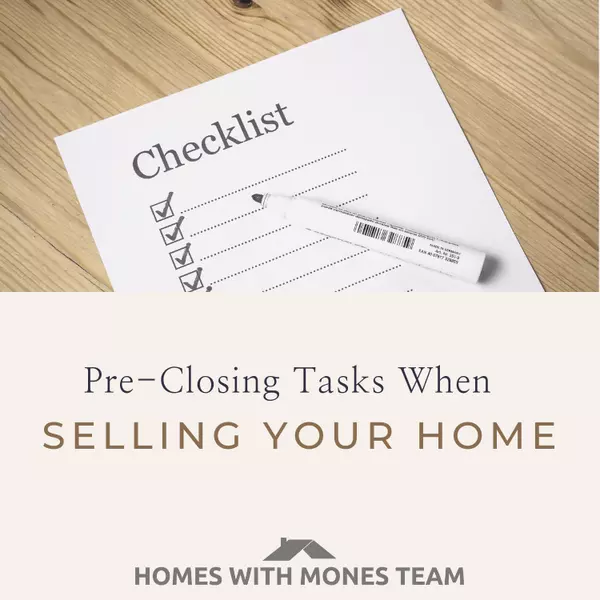
Pre-Closing Tasks When Selling Your Home
This series, Love Selling Your Home: Minimize Your Stress, Maximize Your Profit, is a step-by-step guide that covers everything you need to know to sell your home in today’s market, from finding a real estate agent to all the way to settlement day. You’re now one step closer to officially selling yo
Read More
Categories
Recent Posts
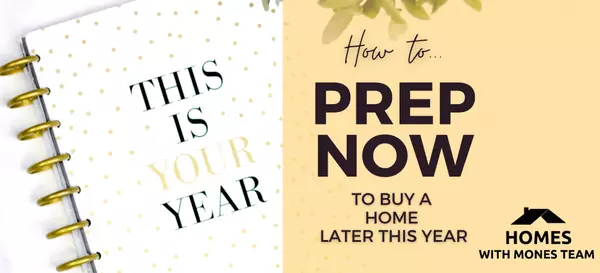





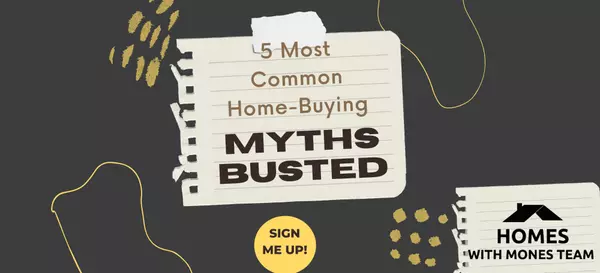


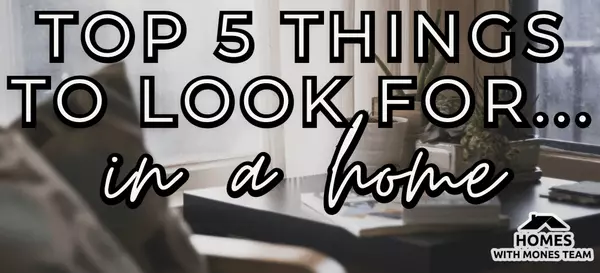
 REALTOR® Lic# SP200205008|5005063|0225251751
REALTOR® Lic# SP200205008|5005063|0225251751I am committed to helping you find your dream home, selling your property for the best possible price, and providing top-notch real estate services. I am dedicated to providing personalized attention and expert guidance to meet all of your real estate needs. Whether you are a first-time homebuyer or an experienced investor, I am here to help you navigate the complex and ever-changing real estate market. I pride myself on local knowledge, professionalism, and commitment to exceeding your expectations. Explore my website to learn more about the services I provide and the properties I have to offer. Contact me today to start your real estate journey
+1(202) 494-0110 lorin@homeswithmones.com1017 O St NW Washington, DC, 20001
https://homeswithmones.com
